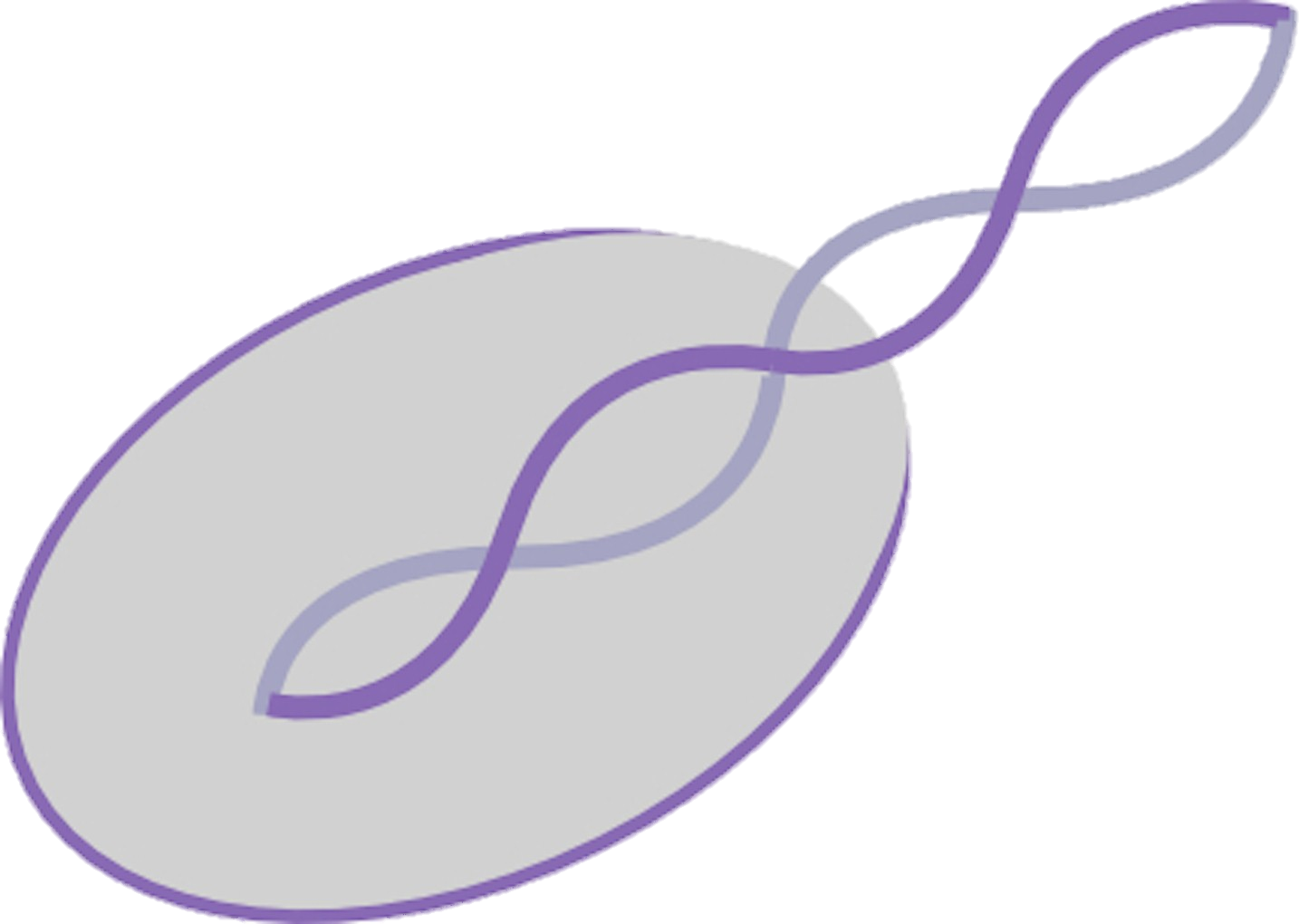The INDRA junior research group project deals with the intestine, more specifically with the intestinal epithelium (intestinal mucosa). The aim of the experimental-theoretical project is to lay essential foundations for a systems biology model of the organization of the intestinal epithelium. Here, the development of the tissue, its regeneration after damage and age-related changes are the subject of research. Starting from an established single cell-based model of tissue homeostasis, a multiscale model of these processes for the small intestinal epithelium of mice will be developed step by step. This model will describe the system at molecular, cellular and tissue levels on different time scales. Complex molecular and cell biological data on intestinal stem cells (ISCs) will be used for its validation. In particular, the organization of the so-called intestinal stem cell niche will be investigated. In order to identify crucial regulatory processes controlling the transition from newborn to adult intestine and therefore associated with the formation of the stem cell niche, data characterizing the stability of the niche in the developed tissue during regeneration and aging will be collected. In addition, it is planned to collect genome-wide data leading to changes in gene expression, DNA methylation, and selected histone modifications as part of these processes. Online microscopy will be used to follow the growth of organoids under specifically manipulated culture conditions generated from intestinal stem cells of different developmental and age stages. It is envisioned that the validated multiscale model will be used to both identify potential risks of epigenetic alteration of stem cells during their expansion into organoids and to evaluate potential strategies to reactivate length growth in the adult intestinal epithelium. The planned studies will improve the understanding of tissue-specific mechanisms of stem cell aging and provide preliminary data on the age-dependent sensitivity of intestinal tissue to expansion of transformed clones. On this basis, the project will contribute to the development of safe applications of intestinal stem cells in transplantation studies by quantifying age-specific risks of intestinal stem cell transplantation.
group leader Dr. Jörg Galle
duration 01.01.2014 – 31.12.2019
third-party funding
